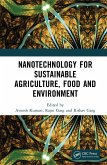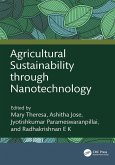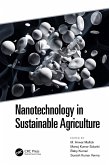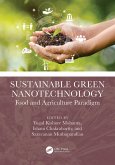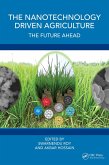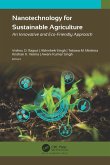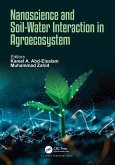The book covers some of the latest trends and prospects of nanotechnology in promoting sustainable agriculture through nanofertilizers, nanopesticides, nanoencapsulation, nanosensors, nanobarcodes, and intelligent distribution systems. It also details important topics such as nanopriming as seed priming technology for sustainable agriculture, the role of Si and nano-silicon (SiNP) in ameliorating biotic and abiotic stresses, and more. The use of nanotechnology in specific plants is also discussed, such as, for example, in cotton, forage crops, medicinal crops, etc.
Dieser Download kann aus rechtlichen Gründen nur mit Rechnungsadresse in A, B, BG, CY, CZ, D, DK, EW, E, FIN, F, GR, HR, H, IRL, I, LT, L, LR, M, NL, PL, P, R, S, SLO, SK ausgeliefert werden.



